Tag: North Carolina
Wikipedia says: North Carolina is a state in the Southeastern region of the United States. North Carolina is the 28th largest and 9th-most populous of the 50 United States. It is bordered by Virginia to the north, the Atlantic Ocean to the east, Georgia and South Carolina to the south, and Tennessee to the west. Raleigh is the state’s capital and Charlotte is its largest city.
Earliest discoveries of human occupation in North Carolina date back to 10,000 years ago, found at the Hardaway Site. North Carolina was inhabited by Carolina Algonquian, Iroquoian, and Siouan speaking tribes of Native Americans prior to the arrival of Europeans. North Carolina was established as a royal colony in 1729 and was one of the Thirteen Colonies. North Carolina is named in honor of King Charles I of England who first formed the English colony, Carolus being Latin for “Charles”. The Halifax Resolves resolution adopted by North Carolina on April 12, 1776, was the first formal call for independence from Great Britain among the American Colonies during the American Revolution.
On November 21, 1789, North Carolina became the 12th state to ratify the United States constitution. In the run-up to the American Civil War, North Carolina declared its secession from the Union on May 20, 1861, becoming the tenth of eleven states to join the Confederate States of America. Following the Civil War, the state was restored to the Union on July 4, 1868.
American Civil War
In 1860, North Carolina was a slave state, in which one-third of the state’s total population was enslaved. The state did not vote to join the Confederacy until President Abraham Lincoln called on it to invade its sister state, South Carolina, becoming the last or penultimate state to officially join the Confederacy. The title of “last to join the Confederacy” has been disputed; although Tennessee’s informal secession on May 7, 1861, preceded North Carolina’s official secession on May 20, the Tennessee legislature did not formally vote to secede until June 8, 1861.
Around 125,000 troops from North Carolina served in the Confederate Army, and about 15,000 North Carolina troops (both black and white) served in Union Army regiments, along with many other men leaving the state to join Union regiments elsewhere. Over 30,000 North Carolina troops died from disease, battlefield wounds, or starvation. Elected in 1862, Governor Zebulon Baird Vance tried to maintain state autonomy against Confederate President Jefferson Davis in Richmond. The state government was reluctant to support the demands of the national government in Richmond, and the state was the scene of only small battles. In 1865, Durham County saw the largest single surrender of Confederate soldiers when Joseph E. Johnston surrendered the Army of Tennessee and all remaining Confederate forces still active in North Carolina, South Carolina, Georgia, and Florida, totalling 89,270 soldiers.
After secession, some North Carolinians refused to support the Confederacy. Some of the yeoman farmers chiefly in the state’s mountains and western Piedmont region remained neutral during the Civil War, with others covertly supporting the Union cause during the conflict. Approximately 15,000 North Carolinians (both black and white) from across the state would enlist in the Union Army. Numerous slaves would also escape to Union lines, where they became essentially free.
Confederate troops from all parts of North Carolina served in virtually all the major battles of the Army of Northern Virginia, the Confederacy’s most famous army. The largest battle fought in North Carolina was at Bentonville, which was a futile attempt by Confederate General Joseph Johnston to slow Union General William Tecumseh Sherman’s advance through the Carolinas in the spring of 1865. In April 1865, after losing the Battle of Morrisville, Johnston surrendered to Sherman at Bennett Place, in what is today Durham. North Carolina’s port city of Wilmington, was the last Confederate port to fall to the Union, in February 1865, after the Union won the nearby Second Battle of Fort Fisher, its major defense downriver.
The first Confederate soldier to be killed in the Civil War was Private Henry Wyatt from North Carolina, in the Battle of Big Bethel in June 1861. At the Battle of Gettysburg in July 1863, the 26th North Carolina Regiment participated in Pickett/Pettigrew’s Charge and advanced the farthest into the Northern lines of any Confederate regiment. During the Battle of Chickamauga, the 58th North Carolina Regiment advanced farther than any other regiment on Snodgrass Hill to push back the remaining Union forces from the battlefield. At Appomattox Court House in Virginia in April 1865, the 75th North Carolina Regiment, a cavalry unit, fired the last shots of the Confederate Army of Northern Virginia in the Civil War. For many years, some North Carolinians proudly boasted that they had been “First at Bethel, Farthest at Gettysburg and Chickamauga, and Last at Appomattox”.
Showing 1–16 of 130 resultsSorted by latest
-
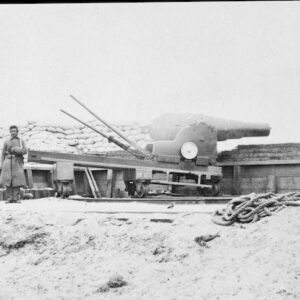
Image ID: AZPV
$5.99 -
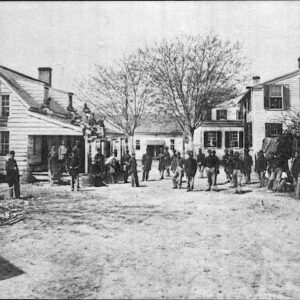
Image ID: AZCJ
$0.99 -
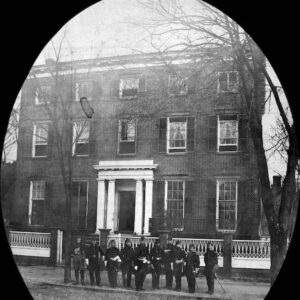
Image ID: AYVM
$0.99 -
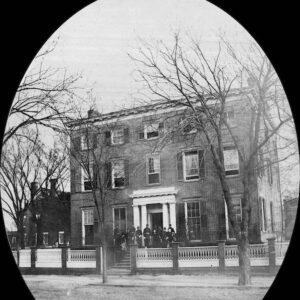
Image ID: AYVQ
$0.99 -
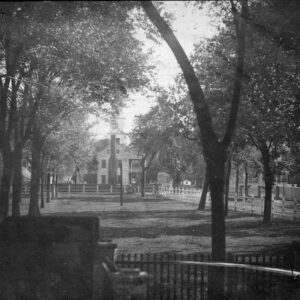
Image ID: AYVN
$0.99 -
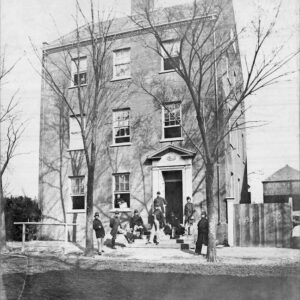
Image ID: AYVP
$0.99 -
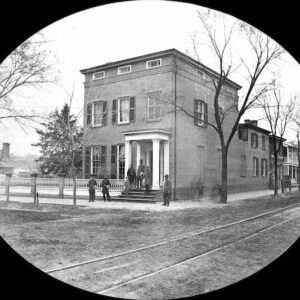
Image ID: AYVT
$1.99 -
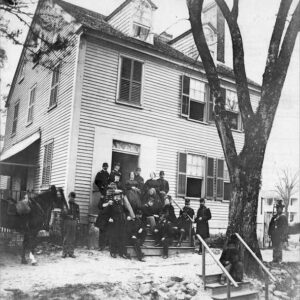
Image ID: AYVU
$0.99 -
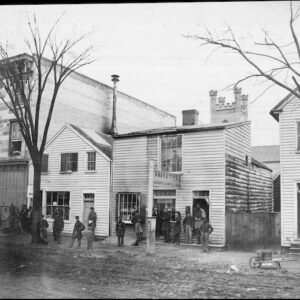
Image ID: AYVV
$0.99 -
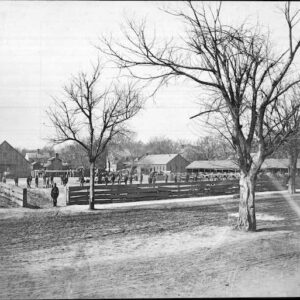
Image ID: AYVW
$1.99 -
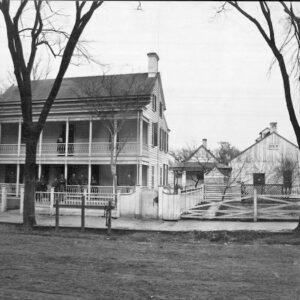
Image ID: AYVX
$0.99 -
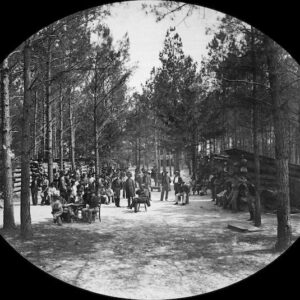
Image ID: AYVY
$0.99 -
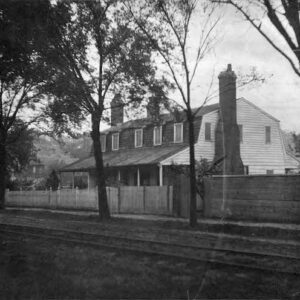
Image ID: AYVZ
$0.99 -
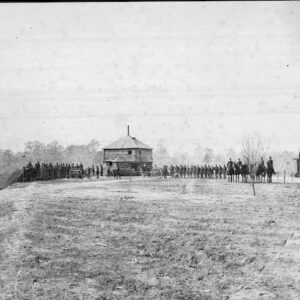
Image ID: AYWA
$0.99 -
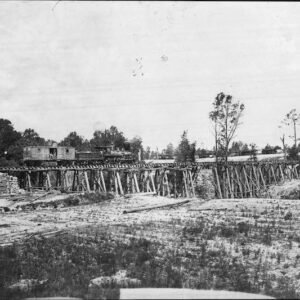
Image ID: AYWB
$0.99 -

Image ID: AYWC
$0.99